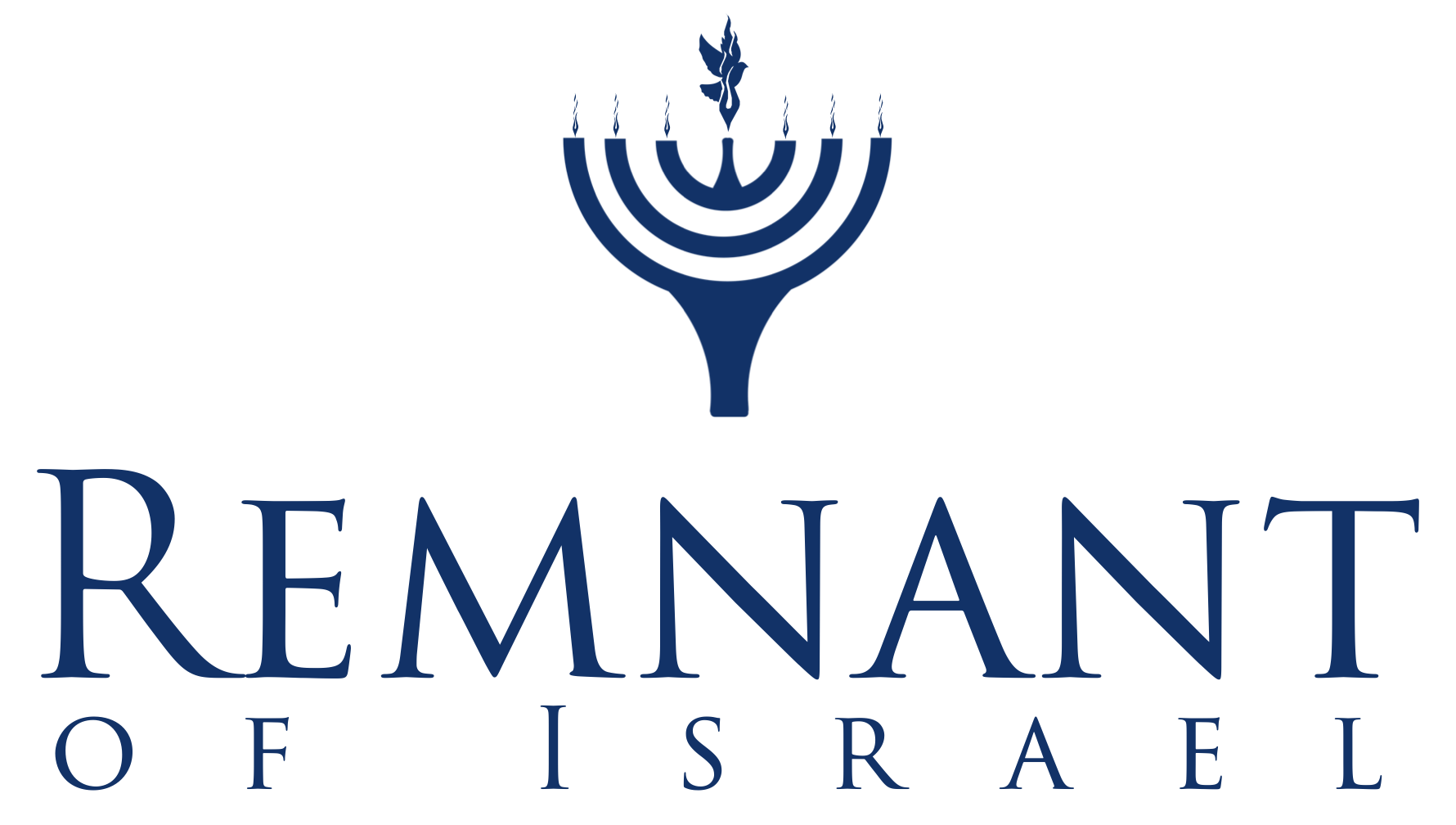Biblically Clean & Unclean Foods
At Remnant of Israel we try to be Biblically clean in our presentations of foods (that is Scripturally, not necessarily Kosher). Scripture says much about what are considered Biblically clean and unclean foods. But our main reason for trying to have only “clean” foods at the Synagogue is because God asks us to eat only “clean” foods. And because He is Holy, we want to present ourselves as Holy also.
Why Clean Foods?
In Leviticus 11 and Deuteronomy 14 we are commanded to eat only clean animals. The land animals that have cloven hooves and chew the cud are considered clean. Those that do not have both of these qualities include the pig and the rabbit.
Of things in the waters we are commanded to eat only fish with fins and scales. Thus catfish, shrimp, crab, clams, lobster and other shell fish are not considered “clean” foods to be consumed.
But is that really for us today?
The first mention of clean and unclean animals is mentioned back in the Noah account of the Great Flood. Noah is instructed to “Take seven of every kind of clean animal, a male and its mate, and also seven of every kind of bird, male and female, to keep their various kinds alive throughout the earth.” (Genesis 7:3)
What’s the big deal???
I am not eating any pork or crabmeat in my diet, so what’s the BIG deal? What many folks do not understand is that many foods in our diet are made with or have ingredients added to them from these products.
For instance: many gelatins are made with a pork base. Items made with gelatins may include: puddings, Jell-o, marshmallows, and yogurt. And don’t forget most lards are made from pork. Then there are the many “look alike” foods such as turkey or beef sausage, pepperoni or bacon. And even though the label may state that this is “imitation” bacon bits or crab meat, many of these items are made with juices from the pig or crab, etc.
However, many of the foods mentioned above are made with “Kosher gelatin”, which would be a chicken or beef base, BUT some are not. So, reading the label is important.
Why Read the Labels?
Do I really need to read the labels carefully? If you are interested in knowing if your foods are made with by-products from shell fish or pork, then the answer is yes, READ the labels.
Also, during the Passover week, the Week of Unleavened Bread we are commanded not to eat anything with leaven in it (Exodus 12:17-20 & Leviticus 23:4-8). You may be really surprised how much leaven you would find in your cupboard if you read all of the labels of your food items. Foods such as: soup and soup bases, breading, spices, baking soda, salad dressings, puddings, cake and muffin mixes, etc. contain leavening agents. So, here again label reading is important.
We hope this helps in your understanding of Biblically clean and unclean foods. And we hope this will help in your understanding of the importance of eating a clean diet.
